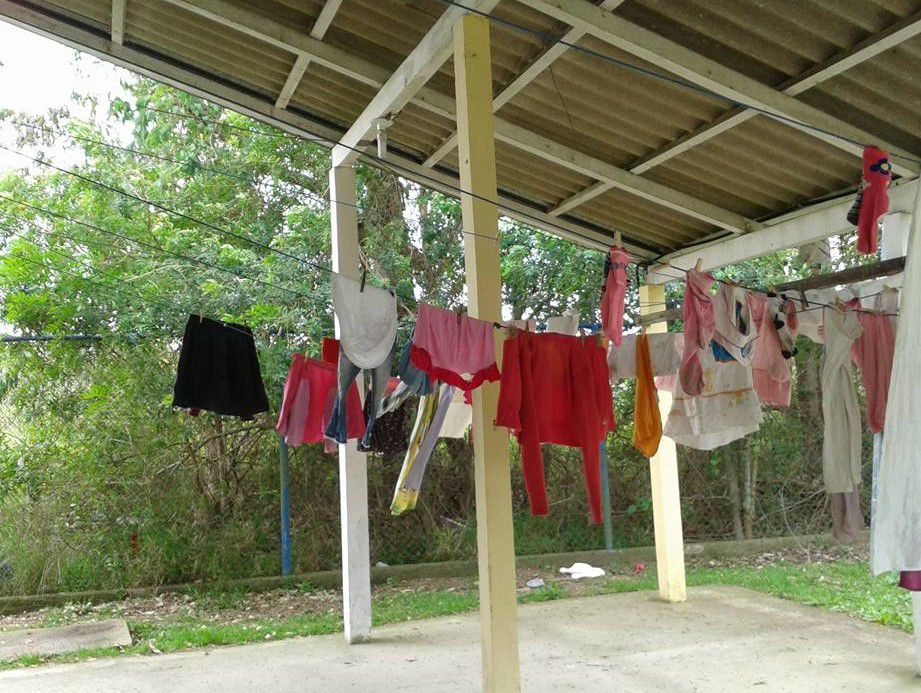My mother is a drug user
Children and adolescents as actors of kinship and parenting in institutional care
DOI:
https://doi.org/10.22478/ufpb.2447-9837.2023.n15.65479Abstract
This article is situated on an anthropological field that study how children occupy the position of son or daughter, according to the particularities of their families. An ethnographic research was carried out between 2016 and 2019 at an institution that shelters children and teenagers in the metropolitan area of Porto Alegre (Brazil). Through documentary research and participant observation, the study focus on situations of families with crack users mothers. The results shows the active participation of children and teenagers siblings in the development of their kinship and parenting relationships. Among the main findings are: the siblings’ refusal to separate; children’s concern about their mothers; and the indication of acquaintances with whom they could live temporarily. In addition to the affirmation of the importance of consanguinity in the definition of kinship, the findings also broaden its concept, conceiving parenting in an open way.
KEYWORDS: Crack user mothers. Children and teenagers. Kinship and parenting. Institutional care.
IMAGE: Clothesline of the passage house, Fernanda Bittencourt Ribeiro
Downloads

Downloads
Published
Issue
Section
License
- Autores mantém os direitos autorais e concedem à revista o direito de primeira publicação, com o trabalho simultaneamente licenciado sob a Licença Creative Commons Attribution que permite o compartilhamento do trabalho com reconhecimento da autoria e publicação inicial nesta revista.
- Autores têm autorização para assumir contratos adicionais separadamente, para distribuição não-exclusiva da versão do trabalho publicada nesta revista (ex.: publicar em repositório institucional ou como capítulo de livro), com reconhecimento de autoria e publicação inicial nesta revista.
- Autores têm permissão e são estimulados a publicar e distribuir seu trabalho online (ex.: em repositórios institucionais ou na sua página pessoal) a qualquer ponto antes ou durante o processo editorial, já que isso pode gerar alterações produtivas, bem como aumentar o impacto e a citação do trabalho publicado (Veja O Efeito do Acesso Livre).


